In the future, cars won’t be electric, they’ll be hydrogen
Motorsports such as Formula 1, MotoGP and WEC have been shaping the car industry for decades now. So many car technologies and innovations can be traced back to Motorsport as the source. In short, innovations in racing often trickle down into production cars, especially when it comes to engine technology.
Examples of this include smooth and quick automatic transmissions, efficient suspension, grippy tyres, powerful brakes, hybrid engines and the list goes on. Now that certain Motorsport divisions such as the WEC have their sights set on hydrogen car technology, it begs the question: hydrogen production cars be the new alternative fuel solution?
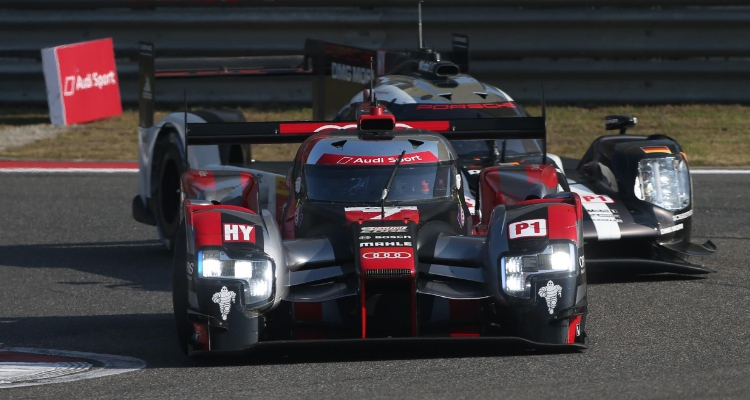
WEC and hydrogen cars
Although you’ll struggle to find any mention of using hydrogen cars in any other motorsport, the WEC have been making some pretty serious statements regarding the alternative fuel.
FIA president Jean Todt is a big believer in hydrogen fuel and believes it should be the next step for the WEC.
“Over the decades the laboratory that motorsport provides has driven forward the development of technology and safety that has a direct benefit to all of us,”
“The FIA has been at the forefront of this development, and the inclusion of a class for hydrogen technology in the FIA World Endurance Championship from 2024 is the next, important, step on the road to a cleaner and sustainable future.”
This quote says a lot about how Todt. It’s clear that he believes hydrogen to be a viable alternative fuel to lead the world towards sustainability. You could even interpret it as Todt believing hydrogen to be the true alternative to petrol and diesel, rather than electricity. Coming from anyone else, this may be dismissable, but this is coming straight from the president of the FIA.
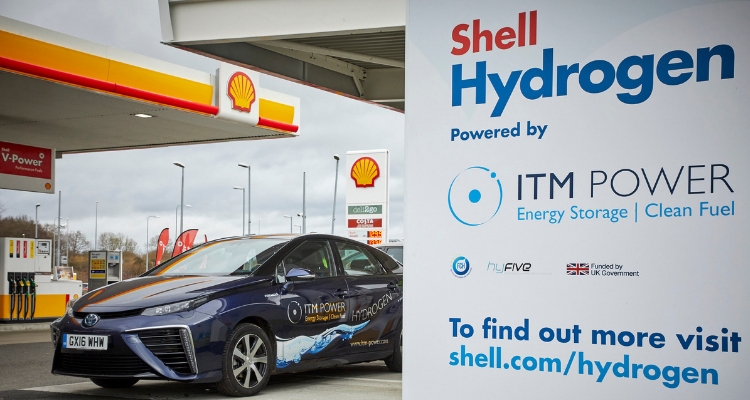
2024 is just around the corner after all, you may be thinking that this bold statement is a tad too optimistic and ambitious. Well the ACO president Pierre Fillon had this to add to the discussion:
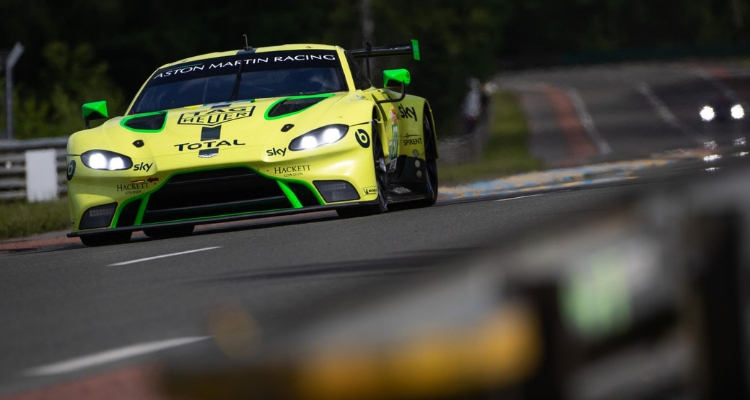
“This is not just a statement of intent: we have already set up a panel of experts and are working hand-in-hand with manufacturers.”
“We are focused on practical research so that we are ready for 2024 and the introduction of a hydrogen class at the 24 Hours of Le Mans.”
If that isn’t enough for you, then you’ll be excited to know that a hydrogen fuel-cell prototype has already been built and could see some racing action as soon as this year.
The car, named the GreenGT LMP2HG, already began testing in the summer of 2018 and was also demonstrated by four-time Le Mans winner Yannick Dalmas at Spa.

Measures are clearly well and truly set in place for hydrogen cars to be implemented into the WEC by 2024. The question now is when will we start to see this technology in road cars? Will these changes in Motorsport eventually influence the trends of ordinary road-going cars?
With hydrogen technology set to be explored, developed and refined in Motorsport, we’re already on our way to seeing hydrogen cars in the future. “But electric cars are just beginning to gain traction and now they’re already being replaced?” I hear you shout! On the contrary, perhaps we should be thinking of hydrogen fuel as a secondary option for future fuels. Just like petrol and diesel are available today, in the distant future the two top fuels may be electric and hydrogen.
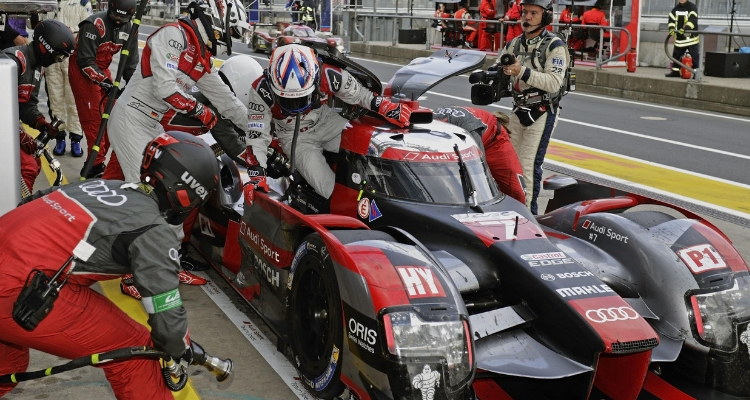
Jon Hunt, who works for Toyota’s hydrogen business had this to say about hydrogen fuel:
“You can ship it in the gas grid network, you can burn it in a domestic boiler, you can use it in processes like fuel cells.” Toyota expects 30% of vehicles to be hydrogen powered by 2050.
One of the beauties of hydrogen is that it’s very similar to petrol and diesel. With hydrogen cars, you would fill up at a fuel station just as you would in most cars today. EVs require the car to be built around a very heavy battery which takes time to charge and at the moment, struggles to match ICE cars in terms of range. A range of over 250 miles on a single charge seems to be found only in luxury electric cars at the moment. It’s not just the odd automotive industry figure that has expressed interest, there are plenty of spokesmen and women that have done the same. Even Jeremy Clarkson, a passionate supporter of “vroom” sounds and thirsty V12 engines, has expressed his support for a more hydrogen-powered future. Where do your opinions sit? Let us know in the comments!
For more articles like this, receive our weekly e-newsletter, including partner deals and all things motoring, register your email below.
Please note: You cannot subscribe to Smart-Motoring unless you put a tick in the checkbox below to indicate have read and agreed to our privacy policy.



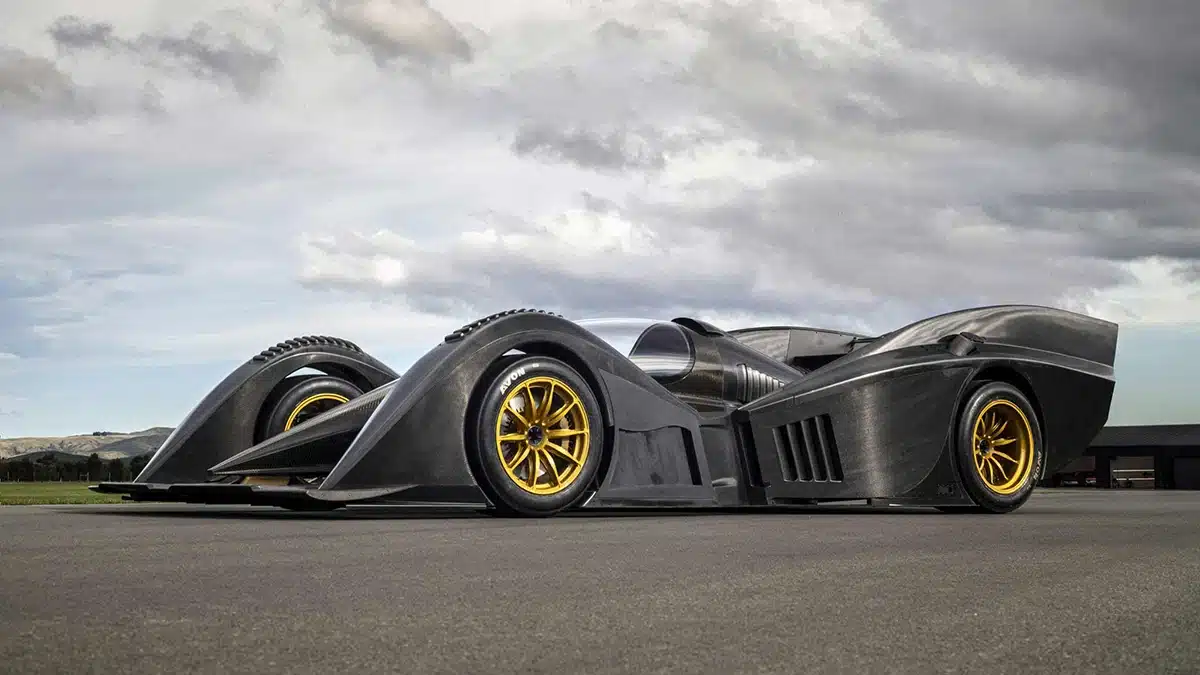
Leave a Reply
You must be logged in to post a comment.